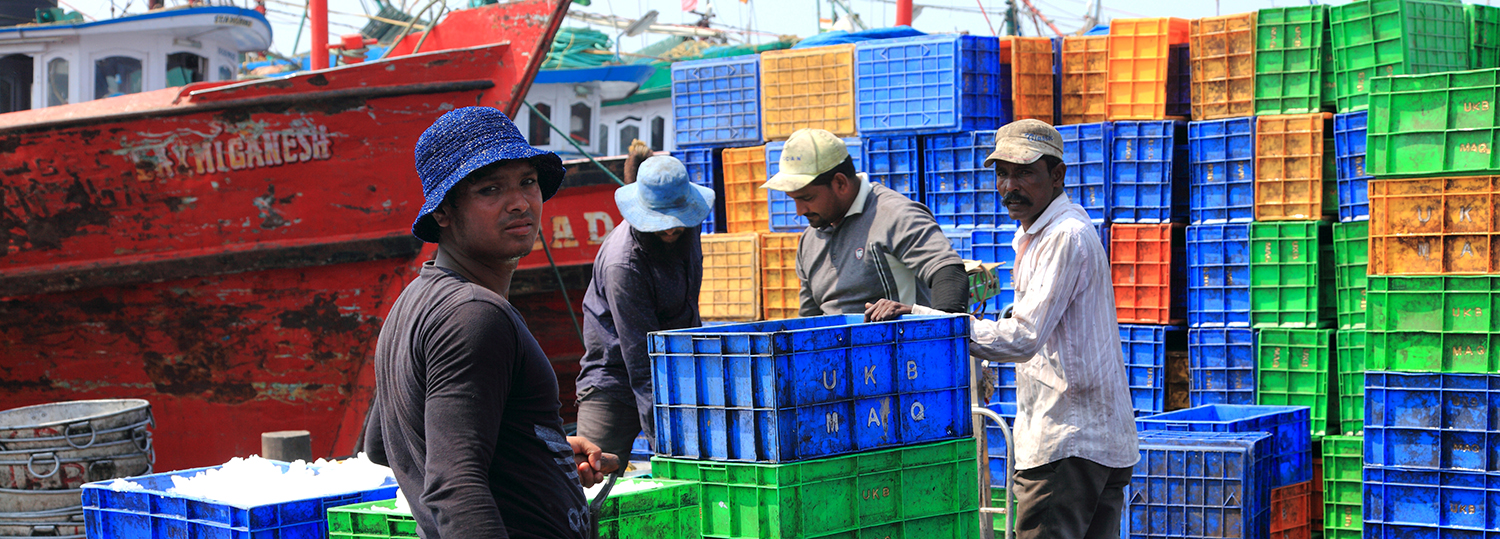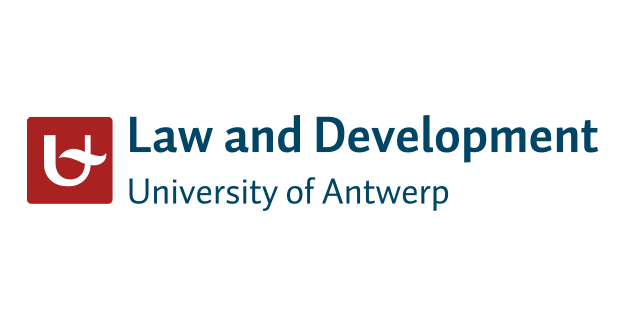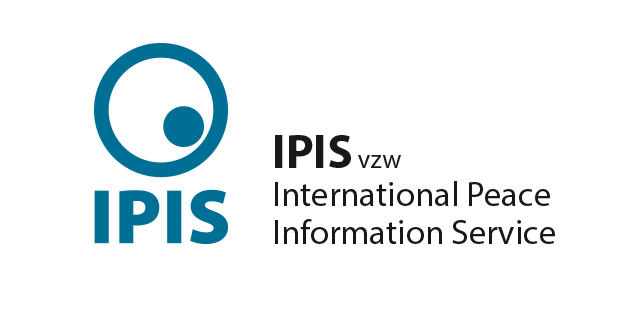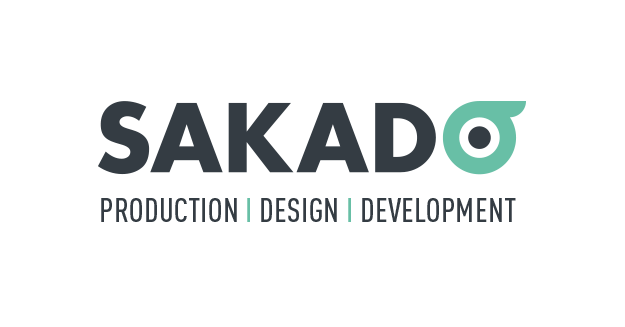3 Private organisations
What are private organisations and which are their human rights duties?

This toolbox is meant for all kinds of public or private organisations that may cause adverse human rights impacts through their activities, independently of whether they have a for-profit or non-profit character. Tool three explains which private organisations exist and which human rights obligations they have
However, the new Code of Corporations and Associations (Code des sociétés et associations / Wetboek van vennootschappen en verenigingen) will come into force soon. There are some important issues to consider:
- This code will regulate for-profit and non-profit organisations.
- The code adopts the EU doctrine of the “statutory seat” to define the applicable law for organisations. This is in line with the case law of the Court of Justice of the EU regarding the right of establishment. It limits the theory of the “real seat”.
- The EU Directive relating to certain aspects of company law (2017) stipulates that states must protect third parties when corporations change their statutory seat by allowing cross-border access to corporate information and by requiring compulsory disclosure of relevant information for stakeholders.
Although this toolbox is primarily directed at organisations, it can also be used by any stakeholder, or by victims of human rights violations perpetrated by organisations. The UNGP and its Interpretive Guide define a victim as the ‘person(s) entitled to reparation’. Therefore, ‘victims’ refers to the persons who were subjected to the violation, or to their relatives (indirect victims), who may also be entitled to claim remedy from a private organisation or from the state. The European Court of Human Rights (ECtHR) uses the concept of ‘injured party’ as a synonym for victim when developing the concept of ‘just satisfaction’ in the European Convention of Human Rights (article 41).
Stakeholders are not necessarily direct or indirect victims. They can also be third parties with a concrete interest in demanding action to avoid adverse human rights impacts, or which represent victims or injured parties. Stakeholders may include NGOs, trade unions or public institutions with the specific competence of representing injured parties.
- Private organisations in Belgium, for the purposes of this toolbox
-
In Belgium, private organisations can have diverse legal forms. Organisations without legal personality, such as partnerships, are not formally incorporated into Belgian law. However, they can also be held accountable for causing adverse human rights impacts through the activities they conduct. The founders of a partnership or association without legal personality are always jointly and severally liable for the activities of the organisation, independently of whether it is a for-profit or non-profit organisation.
Organisations with legal personality include the following:
- First criterion: for-profit and non-profit organisations
-
For-profit organisations
The Belgian Corporate Code defines a corporation as a contract between two or more persons who agree to transfer a contribution to a new entity in order to pursue the corporate goals defined in its statutes, with the aim of receiving direct or indirect material benefits as shareholders or partners. Therefore, a corporation is by definition a for-profit organisation.
The Belgian Corporate Code (articles 456 and 229) also stipulates that in certain circumstances, founders of a corporation can be held liable in addition to the corporation itself, in these specific cases, in order to protect creditors. The ‘founders’ are understood as the persons that sign the memorandum of incorporation of the corporation (in person or via an intermediary).
Corporations are considered to have Belgian nationality and be subject to Belgian law when they are headquartered in Belgium. The place of incorporation is considered to create a presumption of the nationality of the corporation, but this can be rebutted if it is demonstrated that the corporation has its “real seat” abroad.
Non-profit organisations
Associations (ASBL - association sans but lucratif / VZW - vereniging zonder winstoogmerk) are also contracts among at least three persons (founders) which aim at cooperation towards a goal that does not involve making a profit.
Foundations are legal persons that receive assets from the founder(s). They have a board and no members. The board manages the assets in line with the purposes of the founder(s) as described in the document of incorporation. Foundations can conduct business activities, but the benefits must be earmarked for the foundation’s goal. For this reason, foundations are also classified as non-profit organisations. When a foundation is public, it is incorporated by royal decree and not by notarial deed, and the goals can only relate to philanthropic, scientific, religious, pedagogical and cultural activities.
- Second criterion: size and/or general interest
-
Listed corporations and corporations of general interest
In general, large and listed corporations have more human rights duties, such as those regarding reporting. They are expected to introduce effective mechanisms to identify any actual or potential adverse human rights impacts that their activities could cause in a timely way, by systematically conducting human rights due diligence and impact assessments. They are also expected to set up operational-level grievance mechanisms to allow direct or indirect stakeholders to provide feedback on actual or potential adverse human rights impacts, or to claim effective remedy.
The Belgian Corporate Code (article 4) stipulates that a corporation is considered to be a listed corporation when its shares can be negotiated in a regulated market.
In addition, corporations considered to be of general interest are also obliged to report non-financial information. They are further expected to adopt adequate mechanisms to identify, manage and address actual or potential adverse human rights impacts, and to provide effective remedy if a human right is violated.
Protocol 26 on services of general interest of the Treaty of Lisbon (also Tool 4), as well as other EU rules and standards, define services of economic interest. These are activities considered by public authorities to be of importance to citizens and to require state intervention, such as energy, water provision, transport networks, postal services and social services.
The new Code of Corporations and Associations, in force as from 2019, refers to listed corporations. However, some of the rules that apply to these corporations also apply to organisations of general interest, such as the obligation to report non-financial information.
In Belgium, the National Bank, in accordance with the Belgian Corporate Code, also defines size criteria for corporations. These have implications for duties related to the balance sheet. Therefore, these criteria are also considered in this toolbox.
A corporation is considered as large when it exceeds two of the three following thresholds, or when it is a listed corporation on the stock exchange:
- Workforce: 50 full-time equivalents (FTE)
- Turnover: 9.000.000 euro
- Balance sheet total: 4.500.000 euro
In Belgium, the National Bank further clarifies that the size of a parent corporation (when it has control over one or more subsidiaries) is determined on a consolidated basis. Corporations that form a consortium are treated as a parent corporation. When they do not exceed more than one of the following criteria, they are considered as a group of limited proportions, and not obliged to submit consolidated reports:
- Workforce: 250 FTE
- Turnover: 34.000.000 euro
- Balance sheet total: 17.000.000 euro
Small and medium-sized corporations
In Belgium, the National Bank, in accordance with the Belgian Corporate Code, defines a corporation as small when it does not exceed more than one of the thresholds established for large corporations.
The European Commission released a Recommendation on the definition of micro, small and medium-sized corporations (2003) to define which organisations can be considered as micro, small and medium-sized corporations for purposes of benefiting from support programmes, exemption from legal requirements, or cost reductions for complying with EU law.
- micro (corporations): fewer than 10 employees and an annual turnover (the amount of money received in a year) or balance sheet (a statement of a company's assets and liabilities) below €2 million.
- small (corporation): fewer than 50 employees and an annual turnover or balance sheet below €10 million.
- medium-sized (corporation): fewer than 250 employees and annual turnover below €50 million or balance sheet below €43 million.
Micro corporations
They are a subcategory of small corporations which do not exceed more than one of the following thresholds:
- Workforce: 10 FTE
- Turnover: 700.000 euro
- Balance sheet total: 350.000 euro
- Human rights obligations of private organisations in Belgium
-
- The scope of human rights in Belgium and the related duties of private organisations
-
At the national level, international human rights treaties are binding in Belgium. As Belgium is a party to these treaties, it must take the necessary legislative, administrative and/or judicial measures to guarantee their respect and enforcement within Belgium’s jurisdiction. Belgium must also cooperate with other states to realise human rights and ensure that its own agents, or private organisations and persons respect these treaties. The Belgian Constitution (Title II) also protects the fundamental rights of citizens and foreigners in Belgium, although there are exceptions.
At the international level, states are the only parties responsible for respecting, protecting and fulfilling human rights. According to the UN, states must refrain from interfering with or curtailing the enjoyment of human rights (obligation of respect); states must also protect citizens against human rights abuses (duty of protection); and finally, states must take positive action to facilitate the enjoyment of human rights (duty of fulfilment). In some circumstances, this last duty can be progressively fulfilled.
The UNGP refer to the corporate duty to respect human rights, in contrast with the duty of the state to protect these rights. However, at the national level, organisations must be protected by the state but can also be held accountable when they violate human rights or do not take the necessary measures to avoid human rights violations related to their activities (and in some cases, those of their partners). This does not only require refraining from certain actions, but also actively taking certain steps, such as protecting workers in the workplace.
In Belgium, there are judicial and non-judicial mechanisms to protect human rights that can be used by victims, and in some cases by stakeholders. The most relevant state-based mechanisms are summarised in a booklet released by FIDO/IFDD. When an adverse impact involves serious human rights violations, state-based mechanisms are unavoidable, because the state bears the main responsible for promoting, protecting and fulfilling human rights within its jurisdiction.
- Issues of relevance for organisations regarding their human rights obligations
-
This section does not contain an exhaustive list of concrete obligations, but draws the attention to specific issues for private organisations to consider in complying with their human rights duties.
Firstly, organisations are expected to support the state and victims and/or stakeholders in finding the best way to provide effective remedy to the victims of an adverse human rights impact caused by their activities.
Secondly, organisations should be aware that at the national level, many rules that create human rights obligations for organisations are not exclusively framed in human rights terms. The issue is highly complex because several areas of the law relate to human rights, even if they do not explicitly refer to human rights law. Some examples are public international law, private international law, EU law (liability, consumer protection, competition law, public procurement, environmental law, etc.), constitutional law, administrative law, tort law, procedural law, civil law, labour law, criminal law, etc.
Thirdly, this toolbox includes the main information about the regulatory framework on implementing mechanisms to identify, manage and address actual or potential adverse human rights impacts. It aims to indicate the main mandatory and voluntary mechanisms, depending on the type of organisation, but it does not provide an exhaustive list of the legal duties of each organisation.
Fourthly, the duties and good practices described in this toolbox are not exclusively aimed at a specific type of organisation, as is usually believed. In fact, not only large corporations with transnational activities can be held accountable for causing adverse human rights impacts through their activities. Any type of organisation, whether for-profit or non-profit, should be aware of its human rights duties and progressively implement good practices to identify human rights risks that their activities can cause in a timely manner, and manage and address them in the best possible way.
- Cross-border obligations of organisations with activities in Belgium
-
This issue is one of the most salient questions on how to hold organisations accountable when they do not demonstrate responsible conduct, and how to identify, manage and address adverse human rights risks in a timely way. When organisations directly or indirectly conduct cross-border activities that could provoke adverse human rights impacts for persons or local communities, they should be accountable to the victims.
However, there is no possibility of suing organisations in international courts. This limits victims’ possibilities to claim effective remedy, particularly when their human rights have been violated by organisations headquartered in another state.
Private international law determines which is the competent court to hear a case, and what the applicable law is. However, in many cross-border disputes, victims encounter numerous obstacles to claiming and obtaining remedy. This is particularly serious when victims have few opportunities to claim a remedy in the country where the harm is caused.
For this reason, states where parent corporations are headquartered should impose concrete human rights obligations and also promote responsive behaviour. Parent corporations or coordinators of value chains should demonstrate responsive practices by monitoring that their own activities or those of their partners do not violate human rights in Belgium, in other EU states or in countries outside the EU.
This toolbox also indicates the obligations of organisations headquartered in Belgium, as well as the positive actions that should be implemented to avoid adverse human rights impacts of their activities or those of their partners, even if these are not concrete legal duties. In fact, this toolbox clearly distinguishes between the human rights duties of organisations and good practices. The latter are not mandatory, but can help avoid or mitigate human rights adverse impacts in a timely way. Thus, implementing these practices is not only good for actual or potential victims, but for the organisation too.
Along the same lines, several guidelines encourage states to regulate the activities of organisations headquartered in their jurisdictions and to create judicial and non-judicial mechanisms to provide remedy to victims. These guidelines also encourage extension of the duty of vigilance to the activities of organisations’ partners or value chains. They further encourage states to cooperate with and assist each other in implementing reporting and monitoring mechanisms to protect human rights. In particular, these guidelines are:
- The UN Guiding Principles for Business and Human Rights (UNGP): Implementing the United Nations “Protect, Respect and Remedy” Framework (2011)
- The National Action Plan on Business and Human Rights of Belgium (2017)
- The UN General Comment on state obligations regarding the impact of the business sector on children’s rights (2013)
- The UN General Comment on state obligations under the ICESCR in the context of business activities(2017)
- The Maastricht Principles on Extraterritorial Obligations of States in Economic, Social and Cultural Rights (2013) (The Maastricht Principles)
- UN Accountability Remedy project I and II (2016-7)
- Opinion of the EU Agency for Fundamental Rights -FRA- Improving access to remedy in the area of business and human rights at the EU level. (2017)
The EU has been proactive in encouraging and orienting states in this direction by means of soft law and increasingly, hard law. This is particularly the case with regard to environmental issues (Tool 1, tool 4 and tool 5), and labour and consumer protection (Tool 1, tool 4 and tool 5).
When victims of a violation seek remedies in EU countries because the relevant parent corporations are headquartered within the EU, the EU has also recommended limiting the application of restrictive doctrines, such as forum non conveniens, which allows courts to reject cases when another jurisdiction is more “convenient” for the parties. This doctrine has been an obstacle for victims of human rights violations perpetrated in states where their possibilities of obtaining a remedy are limited by lack of state institutional capacity, lack of security, or their own lack of economic capacity. The EU has instead encouraged, where possible, applying the forum necessitatisdoctrine. This would require the courts of EU countries to accept claims when victims cannot sue in any other court, when the foreign competent court does not guarantee a fair trial (for example, in cases of war or ethnic, religious or gender discrimination), when high costs obstruct access to justice, or when the foreign competent court’s judgment cannot be enforced in the EU state where the parent corporation is headquartered.
As obstacles to claiming remedy are difficult to remove, this toolbox aims at supporting organisations in demonstrating responsive behaviour and implementing the necessary mechanisms to avoid adverse human rights impacts being caused by their activities, and if possible, those of partners in their value chains.
These mechanisms also help to eliminate another important obstacle for victims of adverse human rights impacts, namely the difficulty of “piercing the corporate veil”. This happens when corporate groups or value chains obstruct identification of the liability of parent corporations. The structure of the corporate group defines whether it is possible to “pierce” or “lift” the corporate veil, in order to hold a parent corporation liable for wrongful acts perpetrated by other organisations in the same group, whether in the same state or via cross-border activities. The main obstacle is the lack of information allowing demonstration of parent corporations’ control over subsidiaries. This relates to defining the duties of care of CEOs and parent corporations across the corporate group, including in cross-border activities. The duty to report non-financial information represents progress, but other countries such as France and the UK have already legislated this more in detail.
Responsive behaviour is also necessary when implementing human rights due diligence and impact assessments and operational-level grievance mechanisms for internal and external stakeholders, including stakeholders in value chains. Self-assessments of human right compliance inside the organisations and in their value chains are also important steps towards human rights compliance.




